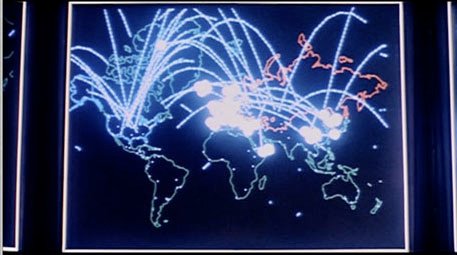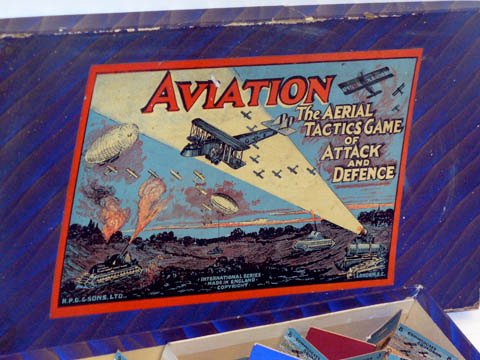Getting away from it all
It seems like forever since the last one, but it’s only been two months. The (16th) Military History Carnival has been posted at the Osprey Blog. A few present-day items seem to have snuck in, but there’s still plenty of history in there. My selection this time is about Burlington, at Underground, a rather beautiful […]



